January 2025, Volume 20, Issue 1

TABLE OF CONTENTS
President's Corner
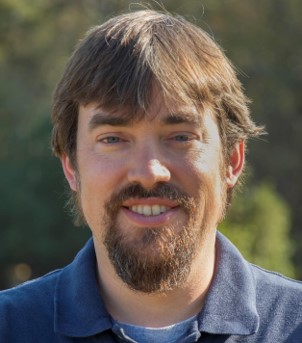
Exciting News Ahead as SESWA Celebrates 20 Years!
I hope the new year has found each of you happy and healthy and ready to work in the greatest sector of the water industry – stormwater! This new year has brought with it many changes and it’s not just snow on the Gulf Coast. It is with great humility, but also excitement, that I announce I will be taking over as President of the Southeast Stormwater Association. Our Past President, Demetria Kimball-Melhorn, laid a solid foundation for 2025 and I am ready to continue with her priorities and goals for this year. I want to take this moment to express my heartfelt gratitude and appreciation for her service and dedication to the Association.
2025 also marks SESWA’s 20th Anniversary! In January 2005, after three years of discussions and preliminary meetings, leaders in stormwater management from throughout the Southeast met in Atlanta, GA and voted to form the Southeast Stormwater Association. Since then, we’ve grown to provide education and training for stormwater professionals, advocate for interests of stormwater programs with regulatory agencies and courts, provide robust communication and information sharing, and promote the effective management and operation of stormwater management systems. This milestone is not just a celebration of our past achievements but also an exciting opportunity to envision the future.
I am eager to serve this year and collaborate to make the 20th year of SESWA one of the best! This association is my favorite to work with because of the focus on stormwater and the level of service provided to its members. This year will be no different with the Seminar coming up in April, service projects, the Stormwater Utility Report, new member recruitment ideas, webinars, and the Annual Conference back in Hilton Head Island, SC in October. Let’s all take advantage of this incredible milestone to make the SESWA 20th Anniversary one for the record books!
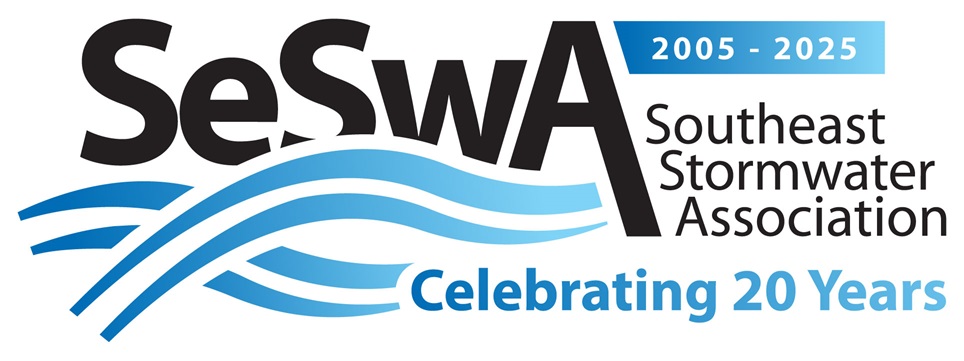 Save the date to join us as we Celebrate 20 years of Leadership in Stormwater Management at our 2025 Annual Conference. We will be returning to Hilton Head Island, SC to the Hilton Beachfront Resort (formerly the Hilton Head Marriott) on October 1-3, 2025. Registration opens in May, so mark your calendar now – you don’t want to miss the Southeast’s premier stormwater conference. Save the date to join us as we Celebrate 20 years of Leadership in Stormwater Management at our 2025 Annual Conference. We will be returning to Hilton Head Island, SC to the Hilton Beachfront Resort (formerly the Hilton Head Marriott) on October 1-3, 2025. Registration opens in May, so mark your calendar now – you don’t want to miss the Southeast’s premier stormwater conference.
John Butler
SESWA President
Gwinnett County
Back to the top
SESWA Seminar - Registration Now Open!
 Join us for SESWA’s 20th Annual Regional Stormwater Seminar on April 25, 2025 in Atlanta, GA focusing on Bringing Back The Green in Stormwater Management Systems. Innovation in the stormwater management sector has introduced new techniques and approaches to address the dynamic nature of treating stormwater. While some techniques blend new treatment technologies with traditional hard infrastructure solutions, other approaches look to natural or “greener” solutions to meet stormwater management needs. From reverting degraded streams back to more natural streams systems, providing more green forms of treatment to hardscaped areas, and incorporating natural designs, many are looking to bring back the green into stormwater management systems. The Seminar will explore lessons learned from implementing stormwater projects focused on natural solutions vs. hard infrastructure. Register now to take advantage of discounted registration rates and to save your seat! Join us for SESWA’s 20th Annual Regional Stormwater Seminar on April 25, 2025 in Atlanta, GA focusing on Bringing Back The Green in Stormwater Management Systems. Innovation in the stormwater management sector has introduced new techniques and approaches to address the dynamic nature of treating stormwater. While some techniques blend new treatment technologies with traditional hard infrastructure solutions, other approaches look to natural or “greener” solutions to meet stormwater management needs. From reverting degraded streams back to more natural streams systems, providing more green forms of treatment to hardscaped areas, and incorporating natural designs, many are looking to bring back the green into stormwater management systems. The Seminar will explore lessons learned from implementing stormwater projects focused on natural solutions vs. hard infrastructure. Register now to take advantage of discounted registration rates and to save your seat!
Back to the top
SESWA's Seminar Service Project
SESWA is excited to partner with the City of Dunwoody, GA on an educational effort to mark storm drains and provide door hangers to residents near the Seminar. On Thursday, April 24, 2025 from 9:00 a.m. to 1:00 p.m. EST, registered participants will be walking in an assigned neighborhood to affix storm drain markers to catch basins and place door hangers on each house. There is no cost to register, but we ask that you register in advance via the Seminar registration form to participate and save your spot. This is your opportunity to help educate the local community and protect our shared water resources by volunteering for this storm drain marking event. We hope to see you there!
Back to the top
Did You Miss SESWA's January Webinar?
It’s not too late to view SESWA’s latest webinar titled Empowering Communities: The RainSmart Initiative. Urban areas face escalating challenges concerning water quality and stormwater management due to rapid urbanization and increasing impervious surfaces. The webinar explored the collaborative endeavor between the City of Chattanooga, TN and WaterWays, a local non-profit organization, through the RainSmart Initiative. This initiative aims to enhance community engagement and sustainable water management practices by incentivizing residents to adopt environmentally friendly measures on their properties. Through the implementation of rain barrels, rain gardens, native plantings, and creek-friendly yard practices, you will hear how residents actively participated in mitigating water-related environmental issues. The presentation included the challenges and hurdles facing this endeavor, from the outreach needed to educate participants, to challenges with maintenance of Best Management Practices (BMPs) on residential properties. The webinar highlighted the pivotal role of public-private partnerships in achieving sustainable urban water management objectives.
This webinar was brought to SESWA members FREE thanks to the generous support of SESWA’s Communications Sponsors!
Back to the top
20th Annual Regional Stormwater Conference - Save the Date!
 SESWA’s 20th Annual Regional Stormwater Conference will be held October 1-3, 2025 in Hilton Head Island, SC. Circle the dates on your calendar now and plan to join us as we celebrate SESWA’s past achievements and set a course as we envision a strong leadership in stormwater management! SESWA’s 20th Annual Regional Stormwater Conference will be held October 1-3, 2025 in Hilton Head Island, SC. Circle the dates on your calendar now and plan to join us as we celebrate SESWA’s past achievements and set a course as we envision a strong leadership in stormwater management!
Back to the top
2025 SESWA Stormwater Utility Report
SESWA is currently collecting data for its 2025 Stormwater Utility Report. Previous participants should have received an email asking that they review and update information provided in the 2023 survey. Jurisdictions that have not previously participated should have received an email asking whether or not they have a stormwater utility. We ask that you please take the time to respond to these inquiries – your participation not only qualifies you to receive a free 2025 Report, it also helps ensure that this Report remains a valuable resource throughout the Southeast. Look for SESWA’s 2025 Report to be published this April!
Back to the top
SESWA Community Forum – Join the Conversation
SESWA is committed to being a trusted resource and maintaining open channels of communication. As a member of SESWA you have access to an online Forum to post questions, share information, and discuss emerging issues with your peers throughout the Southeast! Visit the Forum today and be sure to subscribe to the topics that interest YOU!
Here's the latest from the Forum:
Public Surveys
Andrea Strange, Warren County, KY
We are looking at doing a public survey to help with the requirement to measure our outreach program. Does anyone have a successful public survey program? If so, can you share it with me? Also curious how people get the public to participate? Through special advertising of the survey? Read more…
Improvement, Repairs, Projects off Right-of-Way
Aaron Wadley, City of Madison, GA
I am in a small, rural community. We have had many recurring drainage issues outside of the right-of-way. Some are downstream of right-of-way; some are along state waters and creeks. Some structures are in danger. We are looking ahead to a stormwater utility and revised ordinance and Read more...
Back to the top
EPA Actions in 2025
Kevin Coyne, SESWA
As 2024 ended, EPA posted numerous regulatory efforts for stakeholder review, including a new draft Multi Sector General Permit (MSGP), and proposed revisions to the Water Quality Standards Handbook. To start 2025, EPA has released new materials on PFOA and PFAS in biosolids, which include potential human health risk assessments associated with the pollutants. All of these efforts, from the two released in mid-December, to this most recent risk assessment, are considered draft (seeking input and comments) and in the review process. As a new federal administration starts, how these proposed efforts move forward – if at all – is something SESWA will be tracking.
Back to the top
Effective Utility Management - More Fun Than You Might Think!
John Butler, Gwinnett County, GA
EPA has collaborated with utility leaders to develop an Effective Utility Management (EUM) framework that provides tools needed for water sector professionals to achieve excellence in utility performance. This applies to all water sector utilities and has a number of factors directly relating to watershed management and stormwater. There is a Primer that helps utilities identify and address pressing needs, and a Roadmap that can help with implementation of effective practices. The EUM website includes links, videos, presentations, and tools to further assist you in becoming a more effective utility. A Self-Assessment at the end of the Primer walks you through a scoring system for ten attributes to determine your rate of achievement and how you rank each in importance. This is a great exercise for staff from various levels to complete and will provide a comprehensive view of the effectiveness of your utility.
Back to the top
Lexington-Fayette Urban County Governments Annual Engineering Workshop
Mark David Sanders, Lexington-Fayette Urban County Government, KY
The Lexington-Fayette Urban County Government (LFUCG) held its 20th Annual Workshop with the Engineering, Development, and Construction Industry in December 2024. This half-day session provided updates on regulatory issues, policy changes, and project developments. Attendees included engineering consultants, developers, builders, government officials, and engaged citizens.
Key speakers included Paulette Akers, an Environmental Scientist Advisor for the Kentucky Department of Natural Resources, who discussed updates to Kentucky Erosion Prevention and Sediment Control Guides. Mark Sanders, PE, Stormwater Engineering Section Manager for the LFUCG Division of Water Quality, provided stormwater updates, while Abby Terry, PE, an environmental engineer with Tetra Tech, reviewed erosion and sediment control guidelines relevant to the LFUCG.
A new feature this year was the New Development Roundtable Panel, where attendees could directly engage with LFUCG decision-makers, including Director of Engineering Doug Burton and other key officials from water quality, compliance, enforcement, and planning.
The workshop’s growth reflects its valuable, actionable information for all stakeholders. For more details, contact Bailee Young, PE.
Back to the top
NACWA Corner
Provided by the National Association of Clean Water Agencies
Matthew McKenna, Director, Government Affairs
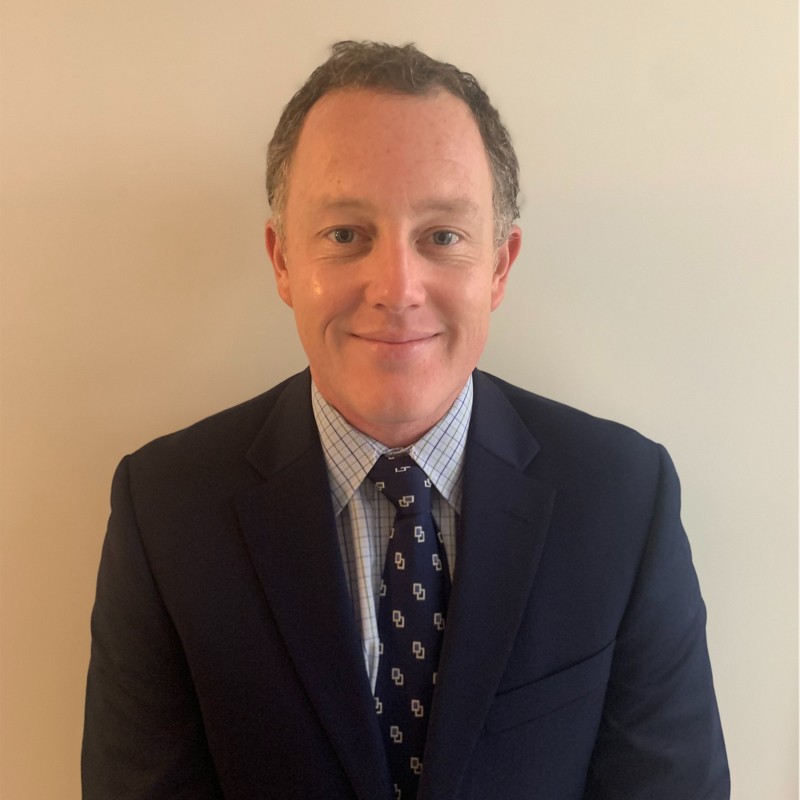 Republican Trifecta Takes Power Republican Trifecta Takes Power
The 119th United States Congress convened on January 3rd alongside the start of President Donald Trump's second term. With Republicans holding majorities in both the House of Representatives and the Senate, this alignment creates an opportunity for substantial changes in federal stormwater policy.
During President Trump's first term, the administration focused on deregulation, particularly affecting water policies. One significant action was the replacement of the Obama-era Waters of the United States (WOTUS) rule with the Navigable Waters Protection Rule. This change reduced federal oversight of certain waterways, including wetlands and smaller streams, which are crucial for stormwater management. The Environmental Protection Agency (EPA) defended the revision by claiming it provided clarity and honored states' rights. However, critics expressed concerns about the potential environmental consequences of this deregulation.
With the Republican trifecta now in power, the administration is expected to continue streamlining federal water regulations. This may include further amendments to the Clean Water Act, potentially changing the permitting processes for stormwater discharges.
The administration is likely to promote increased state authority in managing water resources, arguing that local governance can more effectively address unique environmental challenges. The administration is anticipated to continue streamlining federal water regulations. This could involve further modifications to the Clean Water Act, potentially altering permitting processes for stormwater discharges. The administration may advocate for increased state autonomy in managing water resources, positing that localized governance can more effectively address unique environmental challenges.
Legislative Developments
In the legislative arena, Congress is expected to revisit and possibly amend important water infrastructure laws. Discussions may focus on reauthorizing programs like the Drinking Water and Wastewater Infrastructure Act, which funds initiatives for safe drinking water and stormwater treatment. In alignment with the administration's infrastructure priorities, proposals to enhance funding mechanisms for stormwater systems may also be made. This could include an emphasis on public-private partnerships and efforts to reduce federal regulations.
Discussions may focus on reauthorizing programs like the Drinking Water and Wastewater Infrastructure Act, which supports safe drinking water and stormwater treatment initiatives. Given the administration's infrastructure priorities, there might be proposals to enhance funding mechanisms for stormwater systems, emphasizing public-private partnerships and reducing federal regulations and expenditures.
Supporters of the proposed changes argue that reducing federal oversight can remove bureaucratic obstacles, promoting innovation and cost savings in stormwater management. However, environmental advocates are worried that weakened federal protections could result in inconsistent state standards, which may jeopardize water quality and public health. The challenge of balancing economic development with environmental stewardship is likely to be a central theme in policy discussions.
Congressional Committees
The new Congress has several notable changes to key committees overseeing water policy: the Senate Committee on Environment and Public Works (EPW) and the House Committee on Transportation and Infrastructure (T&I). These committees play pivotal roles in shaping legislation related to environmental protection, infrastructure development, and water resource management.
Senate Committee on Environment and Public Works (EPW)
In the 119th Congress, Senator Shelley Moore Capito (R-WV) has assumed the role of Chair of the EPW Committee, with Senator Sheldon Whitehouse (D-RI) serving as the Ranking Member. The committee's jurisdiction encompasses environmental and infrastructure issues, including water pollution, fisheries and wildlife, and public works.
House Committee on Transportation and Infrastructure (T&I)
In the House, the T&I Committee's leadership from the 118th Congress will remain unchanged. Representative Sam Graves (R-MO) received a waiver from the Republican leadership to serve as the full Committee Chairman. At the same time, Representative Rick Larsen (D-WA) will continue to serve as the Ranking Member.
Representative Mike Collins (R-GA) will replace Representative David Rouzer (R-NC) as Chairman of the Subcommittee on Water Resources and Environment, who will become Chairman of the Subcommittee on Highways and Transit. Democrats have yet to release their Subcommittee assignments. Still, it is anticipated that Rep. John Garamendi (D-CA) will be the next Ranking Member, replacing former Representative Grace Napolitano (D-CA), who retired after the previous Congress.
Outlook for Water Policy in the New Congress
The new leadership within these committees suggests potential shifts in legislative priorities concerning water policy. With Senator Capito at the helm of the EPW Committee, there may be an increased focus on balancing environmental regulations with economic development, particularly in areas like West Virginia, where industries such as coal mining are prevalent. This could influence the committee's approach to water pollution standards and infrastructure projects related to water resources.
The T&I Committee's composition and leadership in the House will be crucial in determining the direction of water infrastructure funding and policy. The committee's decisions can impact projects ranging from wastewater treatment facilities to flood control systems, affecting water quality and availability nationwide.
As the 119th Congress progresses, stakeholders in water policy and environmental advocacy should closely monitor the activities of these committees. Engagement with committee members and public hearings will influence legislation addressing the nation's water challenges while balancing economic and environmental considerations.
Please contact Matthew McKenna, NACWA’s Director of Government Affairs with questions.
Don't see news from your state?
Please contact us with your news or share your comments on our newsletter by emailing us at [email protected]. |

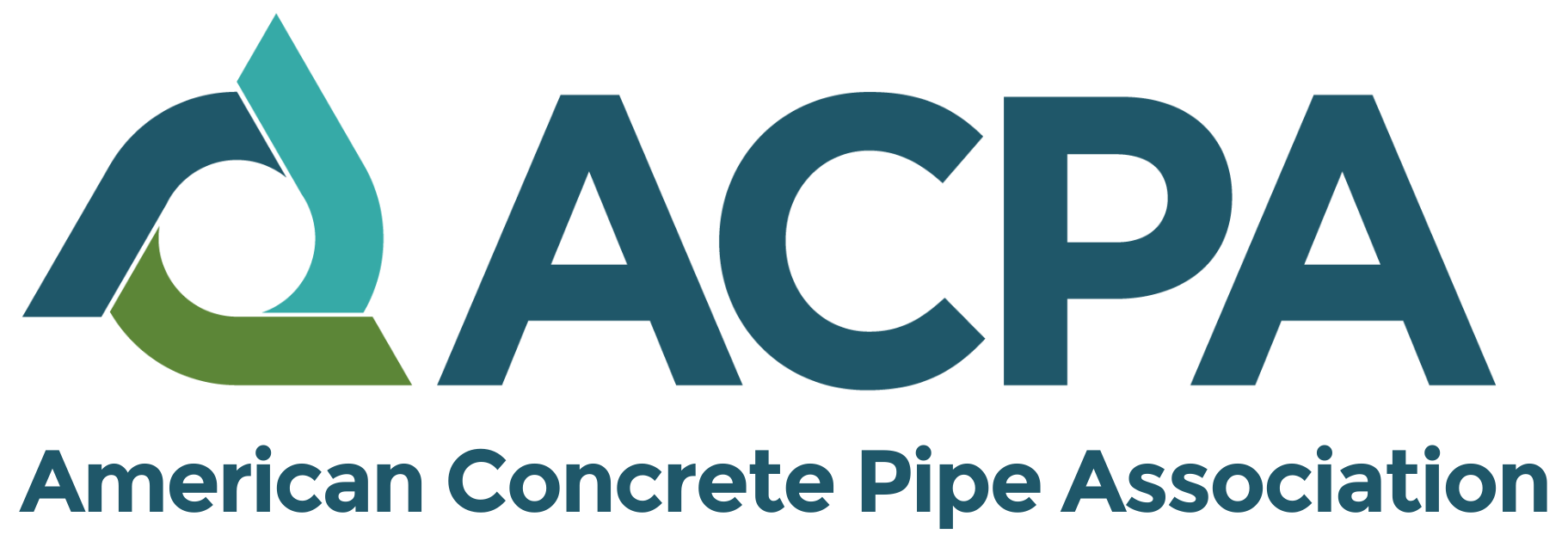
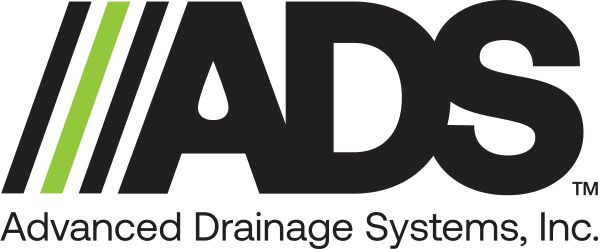
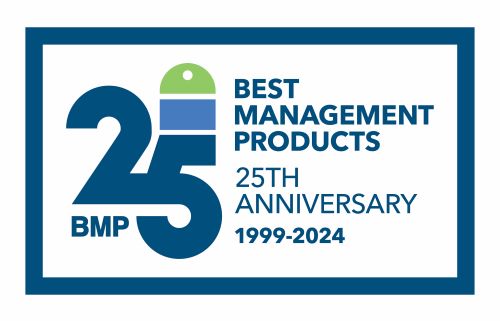
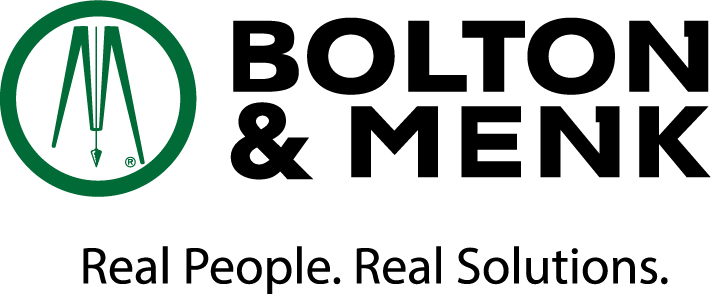
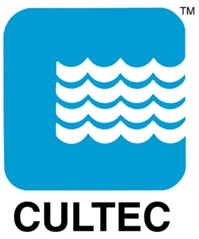
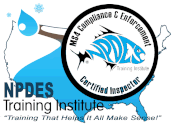
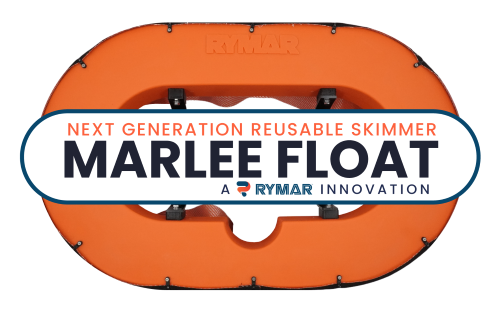




 SESWA’s 20th Annual Regional Stormwater Conference will be held October 1-3, 2025 in Hilton Head Island, SC. Circle the dates on your calendar now and plan to join us as we celebrate SESWA’s past achievements and set a course as we envision a strong leadership in stormwater management!
SESWA’s 20th Annual Regional Stormwater Conference will be held October 1-3, 2025 in Hilton Head Island, SC. Circle the dates on your calendar now and plan to join us as we celebrate SESWA’s past achievements and set a course as we envision a strong leadership in stormwater management! Republican Trifecta Takes Power
Republican Trifecta Takes Power